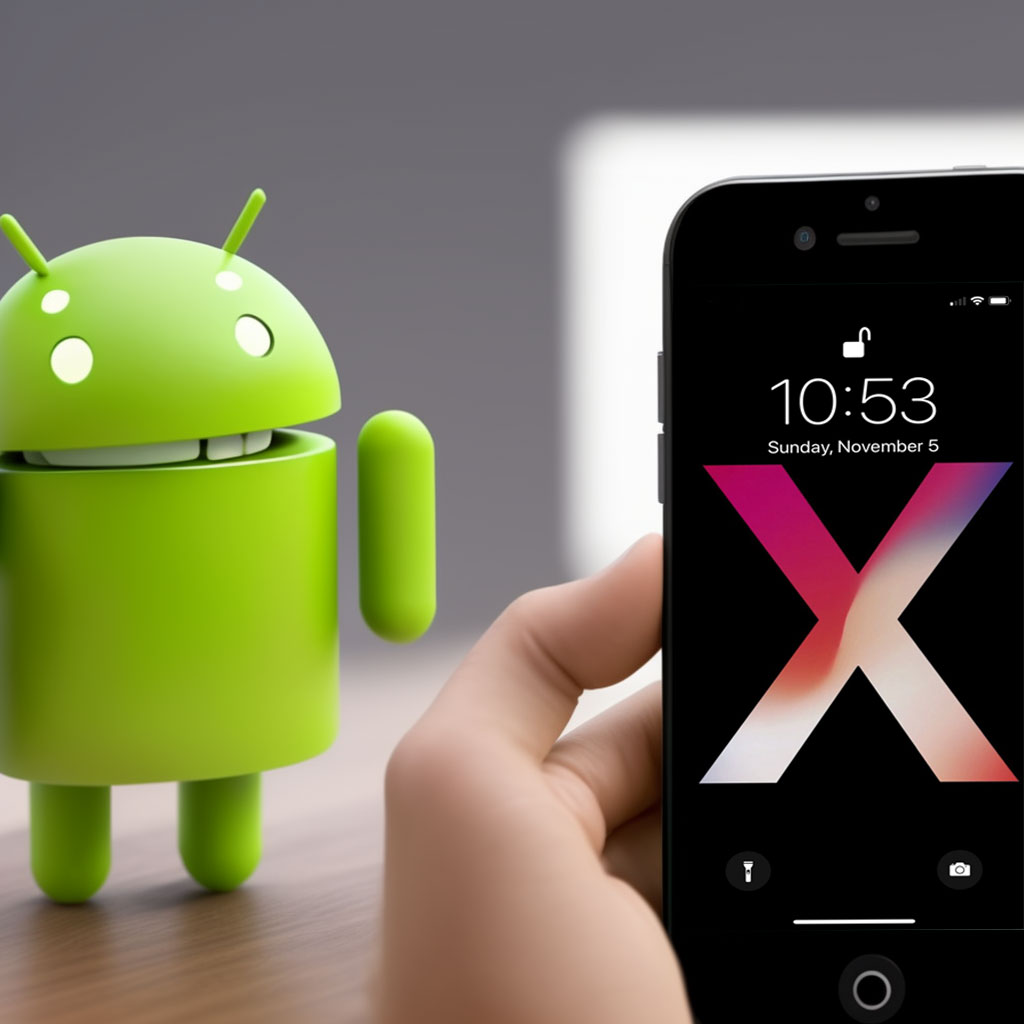Have you ever wondered about the costs of developing an app for Android or iPhone? It can be quite overwhelming to figure out which platform to build for, especially since there are many factors to consider. Let’s take a closer look at some of the key factors, such as market share and development costs.
When it comes to development costs, building an app for iPhone tends to be more expensive than building for Android. This is because iOS development requires specialized skills and tools, and Apple has a strict approval process that developers must adhere to. In contrast, Android app development is generally less expensive, as the platform is more open, and there are more devices to build for. However, this can also lead to increased fragmentation, which can make it more challenging to ensure that an app works across all Android devices.
Another key consideration is market share. As of January 2023, Android has the largest market share, with 73.76%, followed by iOS with 25.31%, according to Statista. This means that building an Android app can potentially reach a larger audience. However, Apple users tend to be more engaged and willing to spend money on apps and in-app purchases, which can make iOS a more lucrative platform for developers. Additionally, iOS has a reputation for providing a better user experience and higher app quality, which can lead to more downloads and higher user retention rates.
So, which platform should you choose? Ultimately, it depends on your app’s target audience, budget, and goals. If you’re targeting a specific niche market or need the latest hardware or software features, iOS may be the better choice. On the other hand, if you’re aiming to reach a broader audience or have a limited budget, Android may be the better option.
In conclusion, developing a mobile app is a complex process, and the choice of platform should be carefully considered. Both Android and iOS have their advantages and disadvantages, and the decision of which platform to build for should be based on the specific needs and goals of the app.

